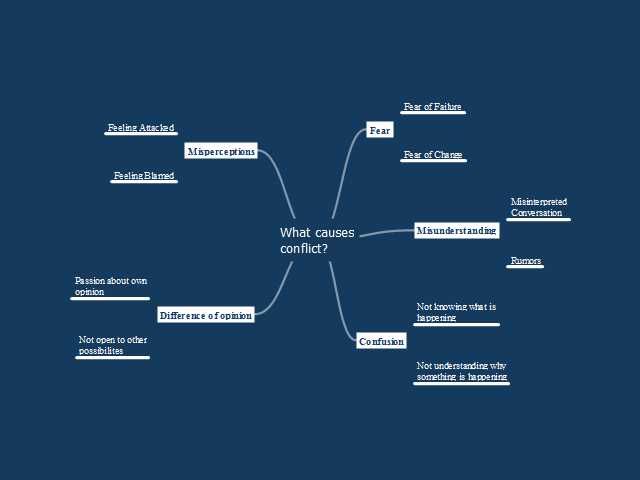
In April, in Iraq, Islamic State in Iraq and the Levant (ISIL/Da’esh) had executed a 15-year-old by tying him between two cars that were driven in opposite directions. Children lost parents, were disabled due to curable illnesses and suffered long-term psychological trauma. Leila Zerrougui, Special Representative of the Secretary-General for Children and Armed Conflict, said many of the impacts of conflicts on young people could not captured by statistics. “Even wars have rules,” he said in that regard, adding that hospitals and schools must be protected, civilians must be spared and children should not be used to fight. Noting that more than half of the world’s refugees were children, he stressed the urgent need to address the root causes of displacement and for an effective response to the violent extremism that often targeted children. In South Sudan, children continued to pay the heaviest price for leaders’ failure to commit to peace. Referring to the findings of his latest annual report on the issue (document S/2016/360), he said thousands of Syrian children had been killed since the start of the conflict, and in 2015, Afghanistan had recorded its highest rate of child casualties since 2009. “In places such as Iraq, Nigeria, Somalia, South Sudan, Syria and Yemen, children suffer through a living hell,” said United Nations Secretary-General Ban Ki-moon as he briefed the Council. Many of the more than 70 speakers noted that, despite limited progress - including the conclusion of a number of national action plans to end violations against children - many of the grim realities outlined in the 1996 Graça Machel report continued unabated or had even worsened in the face of a deteriorating global security landscape. Twenty years after a ground-breaking report on the impact of armed conflict on children brought the issue into focus at the United Nations, young people in hotspots around the globe were still being tortured, maimed and killed, recruited by armed groups and exposed to numerous threats as a result of massive displacement, stressed delegates today as the Security Council held an open debate on the matter.

Speakers Urge Concrete Steps to Tackle Root Causes of Displacement, Violent Extremism


 0 kommentar(er)
0 kommentar(er)
